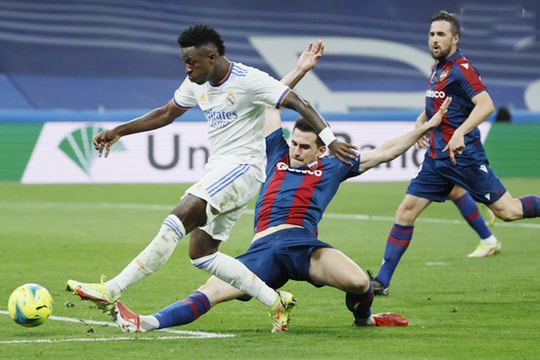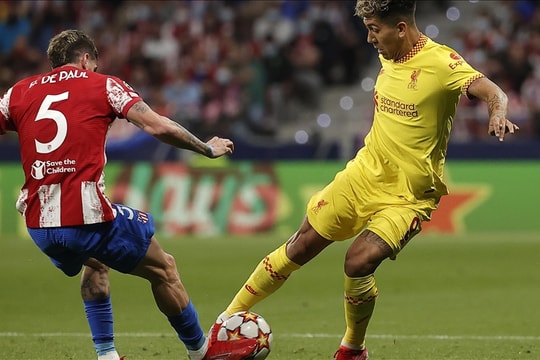Germany: CDU victory brings Merkel to 4th term?
With the CDU's victory on May 14, German Chancellor Angela Merkel, leader of the CDU, is moving closer to a fourth term.
In Germany, there are no nominating conferences and Germans cannot elect the chancellor directly.
 |
But regional state elections are seen as important indicators. The May 14 election in Germany's most populous state, North Rhine-Westphalia (NRW), is particularly important, especially now, four months before the general election for the Bundestag on September 24.
A big "boost" for Merkel's CDU Party
With the results of the election last Sunday (May 14), the defeat of the Social Democratic Party (SPD) and the victory of the Christian Democratic Union (CDU) will raise the position of CDU leader, Chancellor Angela Merkel. This is a big boost for Mrs. Merkel's party.
North Rhine-Westphalia is the SPD's 'holy land' and the power swap counts more here than anywhere else. The SPD held an absolute majority in the state for 15 years between 1980 and 1995. Since 1966, the CDU has only managed to form a government for one term, from 2005 to 2010. It is therefore no surprise that the German media have called the CDU's victory on 14 May a "political shock".
The CDU appears to be on a winning streak. Sunday's election was the third regional election this year in which the party has won. In Saarland, the CDU leader was re-elected, last weekend the SPD was defeated in Schleswig-Holstein and the same scenario was repeated in North Rhine-Westphalia. According to some political observers, Mrs. Merkel is basically assured of victory in the general election in September.
SPD on the defensive
When Ms Merkel's rival, Mr Martin Schulz, was appointed chairman of the Social Democrats (SPD) and candidate for German chancellor in January this year, it gave Mr Schulz's party a stunning boost: its popularity soared in opinion polls and it gained thousands of new members.
But that momentum appears to have fizzled and Mr Schulz now appears to no longer pose a real threat to Chancellor Merkel.
Recent opinion polls across Germany confirm this. The SPD's popularity is back to where it was before Mr Schulz was elected. This could be bad news for Mr Schulz, who has admitted that he is no "magician". He has vowed to continue the fight, but he is facing an uphill battle.
So far, Mr. Schulz has been tight-lipped about his strategy. His favorite theme of “social justice” seems to have received little support. Meanwhile, the issue of increased security, a centerpiece of the CDU’s campaign, seems to be winning more support from voters.
Recent regional elections have brought a “real revival” for the CDU. The party had performed poorly at the state level in previous years, leading to a weakening of Ms. Merkel’s power in the Bundesrat, Germany’s upper house of parliament. Ms. Merkel, as head of the CDU, bears responsibility for this failure.
But the result on May 14 shows that not only has the CDU attracted voters from other parties, but it has also been able to mobilize non-voters who have "turned their backs" on politics in recent years. Voter turnout in recent state elections has increased across Germany.
Far-right party Alternative for Germany (AfD) loses momentum
Meanwhile, Germany’s right-wing populists appear to be stalling. Although they passed the 5% threshold needed to enter parliament on May 14, the party failed to win a majority of votes.
Unlike in many parts of Europe, the party's status is similar to that of smaller parties like the Greens and the Left Party. On the other hand, both the CDU and the SPD are working hard to maintain their status as major parties in Germany and keep German politics relatively stable.
It can be said that the victory on May 14 has paved the way for alternatives to the "grand coalition" between the SPD and the CDU that currently governs Germany. With the revival of the Free Democratic Party (FDP), the CDU's traditional coalition partner is returning, and that means that a combination of old and new could be a realistic possibility for Germany's future./.
According to VOV
| RELATED NEWS |
|---|








